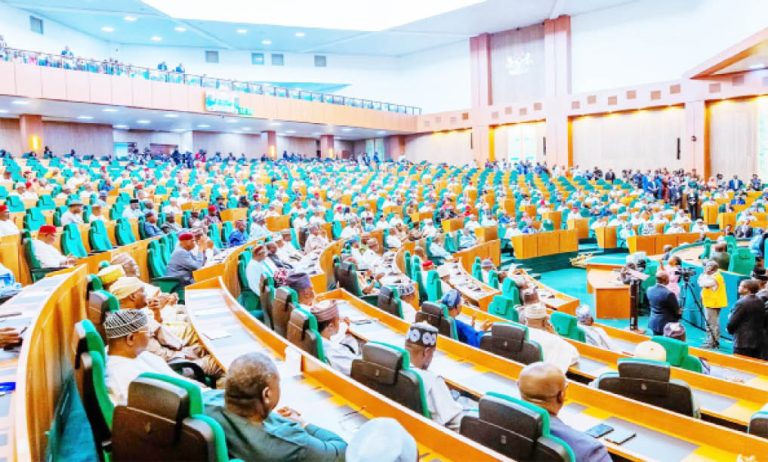Bill To Strip Immunity From Nigeria’s Vice President And Governors Passes Second Reading.
In a landmark development for Nigerian governance, a bill aimed at removing the immunity enjoyed by the Vice President, state governors, and their deputies has successfully passed its second reading in the House of Representatives. The legislation, which seeks to amend Section 308 of the 1999 Constitution, marks a significant step towards enhancing accountability and curbing corruption in public office.
The bill, debated and voted on during Wednesday’s plenary session, is designed to eradicate the culture of impunity that has long plagued Nigeria’s political landscape. Under the current constitution, the President, Vice President, governors, and their deputies are shielded from prosecution while in office, a provision that critics argue has enabled abuse of power and financial misconduct. While the proposed amendment retains immunity for the President, it removes this protection for other top officials, exposing them to legal scrutiny during their tenure.
Supporters of the bill hailed it as a bold move to strengthen democratic principles. “This is a commendable step forward,” said one lawmaker during the session. “By ensuring that no one is above the law, we are fostering a system where transparency and responsibility are paramount.” The legislation’s objectives include tackling corruption head-on, a persistent issue that has hindered Nigeria’s development despite its vast oil wealth and resources.
The bill was among 42 constitutional amendment proposals that cleared the second reading on Wednesday, following the passage of 39 similar bills the previous day. Other notable amendments under consideration include measures to grant citizenship rights to foreign spouses of Nigerian women and to separate the roles of the Attorney-General of the Federation and the Minister of Justice. Proposals for the creation of new states, such as Ijebu, Ife-Ijesa, and Orlu, also advanced.
The passage of the bill through its second reading—a critical stage in Nigeria’s legislative process—indicates strong support among lawmakers. It will now proceed to a public hearing and further scrutiny before a third reading and final vote in the House. If successful, it must also gain approval from the Senate and two-thirds of Nigeria’s 36 state assemblies to become law, a process that could take months.
Public reaction has been mixed but largely optimistic. Many Nigerians view the move as long overdue, with social media buzzing with praise for the potential to hold leaders accountable. “This could be a game-changer,” one citizen posted online. “No more hiding behind immunity while public funds disappear.” However, some analysts caution that removing immunity could lead to politically motivated prosecutions, potentially destabilising governance if not carefully managed.
Former Senator Shehu Sani, a vocal commentator on Nigerian politics, weighed in on the debate, noting both the benefits and risks. “The positive aspect is that nobody will be above the law,” he said. “The negative is that it can be used to witch-hunt vice presidents and governors. If the Vice President loses immunity, the President should too, for fairness.”
The bill’s advancement comes amid heightened scrutiny of Nigeria’s political class, following recent controversies including a state of emergency declaration in Rivers State and allegations of corruption among lawmakers. As the nation watches closely, this legislative push could redefine the boundaries of power and accountability in Africa’s most populous country.
For now, the bill’s supporters remain hopeful that it will usher in a new era of integrity in Nigerian leadership. The next stages of the legislative process will be crucial in determining whether this vision becomes reality.



